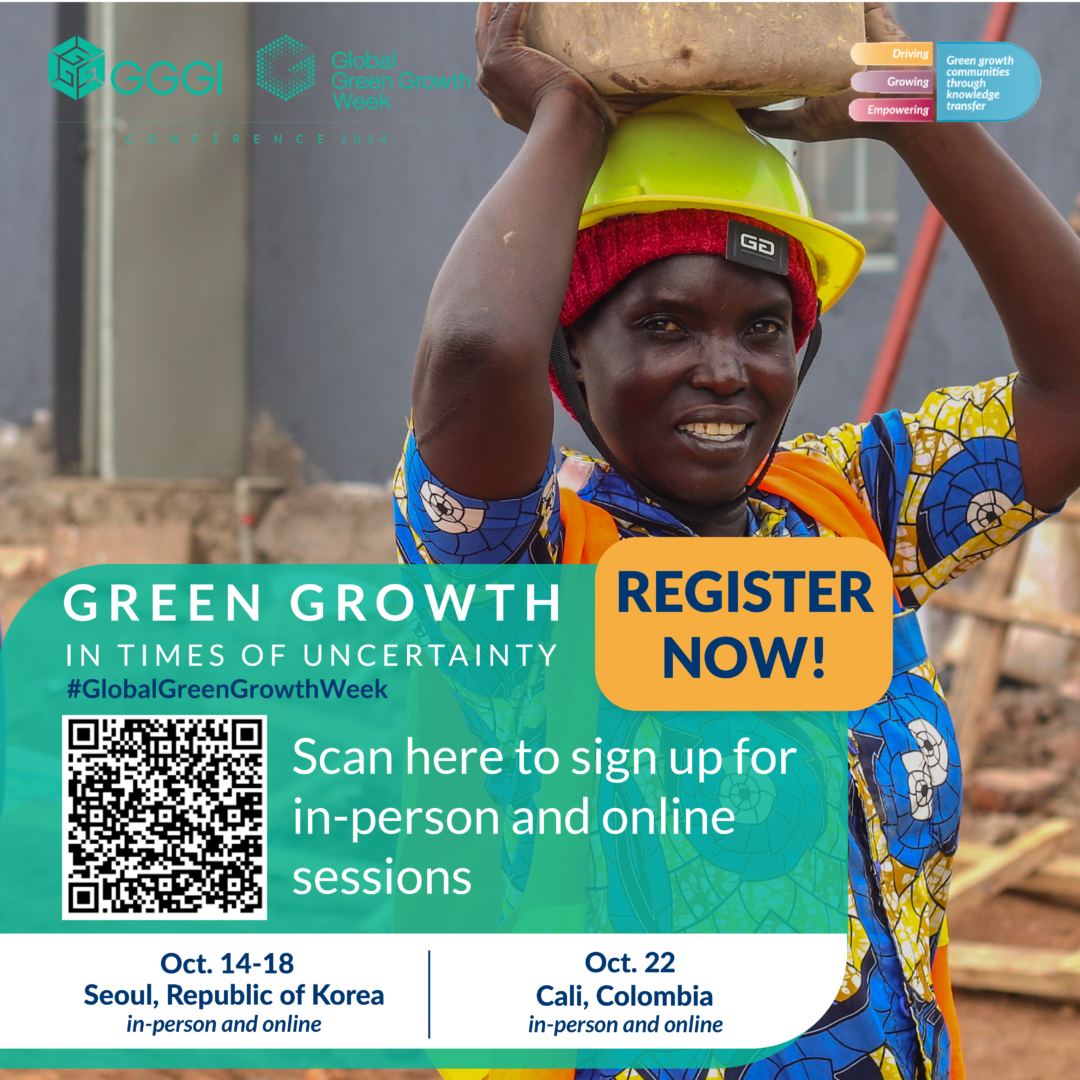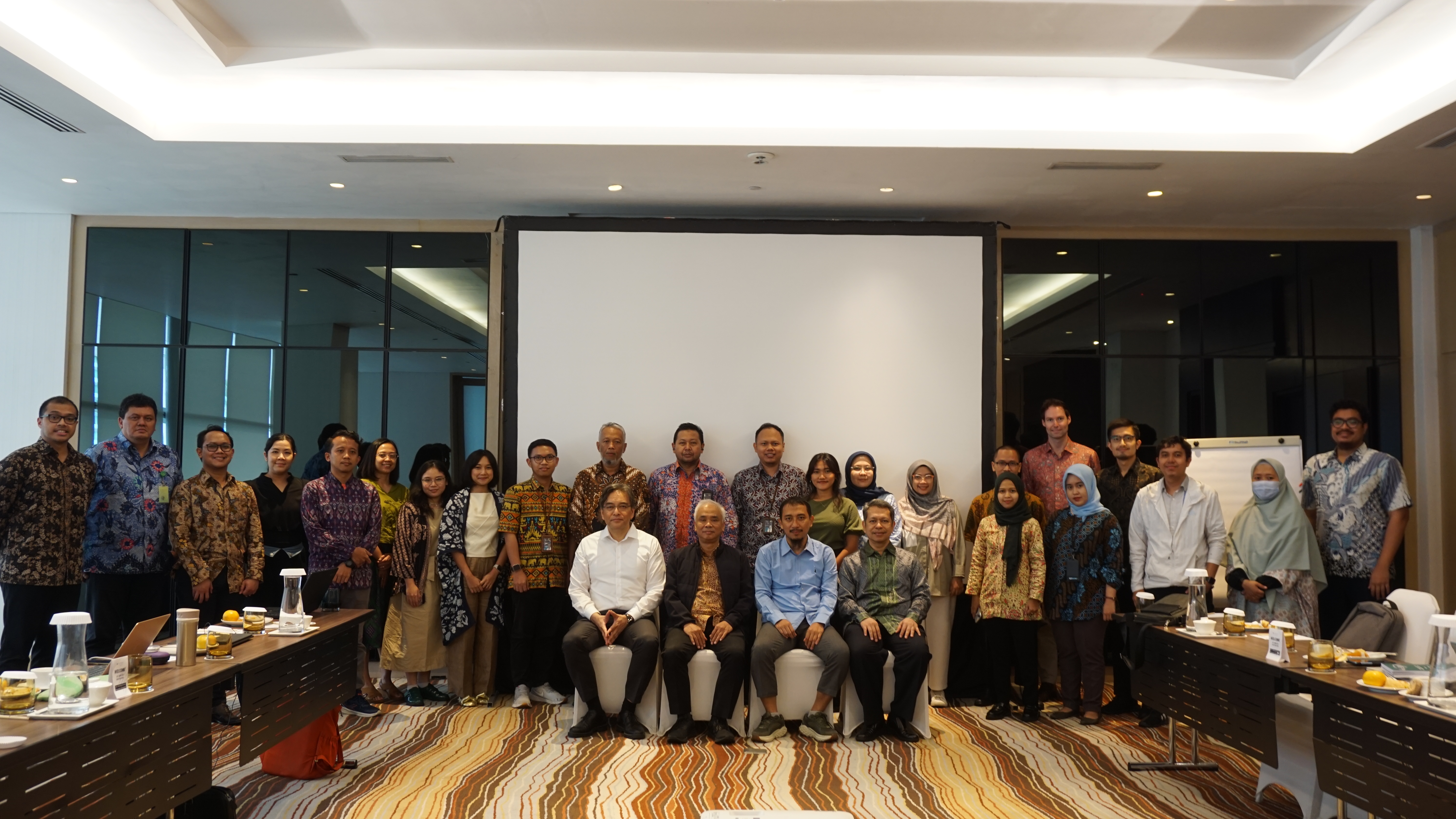Highlighting Gender and Social Inclusion in Climate Actions
Gender and social inclusion have been an important part of most, if not all, development programs. In Indonesia, the government’s commitments on gender equality has been a priority since the issuance of Law No. 7 Year 1984 on the Ratification of the Convention on the Elimination of All Forms of Discrimination Against Women, and Presidential Instruction No. 9 Year 2000 on Gender Mainstreaming in National Development. The Government of Indonesia also has strong commitment to social inclusion, among others by issuing Law No. 23 Year 2002 on Child Protection, Law No. 13 Year 1998 on the Welfare of the Elderly, and Law No. 8 Year 2016 on People with Disabilities, while drafting the Indigenous People Law.
Similarly, the Green Climate Fund (GCF) has such commitments through their principle and policy on gender equality and mainstreaming. GCF also showed their commitment to social inclusion by issuing the Indigenous People Policy and the Environment and Social Policy that covers all vulnerable groups. Hence, there is a continuously pressing need for government officials to mainstream gender and social inclusion principles in a day-to-day basis, especially for officials at the Centre for Climate Change and Multilateral Policy (PKPPIM) – Fiscal Policy Agency, as they directly work on climate change policies and programmes.
Recently, the Indonesia NDA-GCF Secretariat conducted a two-day workshop on Gender and Social Inclusion for staffs of PKPPIM on August 29th and September 25th, 2019, both at Oria Hotel, Jakarta. The full day workshops were attended by 16 staffs of PKPPIM and was facilitated by Chandra Sugarda, who is the NDA-GCF Secretariat’s Gender and Social Inclusion Consultant. Chandra Sugarda introduced the concepts and principles of gender and social inclusion as well as their relevance in implementing climate change policies and programmes. The workshop was conducted using a participatory approach with different topic explorations on each session and upholds the values of appreciative inquiry.
Training materials include concepts of gender and social inclusion, example of disaggregated data and its analysis, as well as gender and social inclusion checklist that can guide PKPPIM works, especially as NDA-GCF. The training also includes participatory activities to help the participants understand and able to implement gender responsive and socially inclusive conduct in their daily activities.




